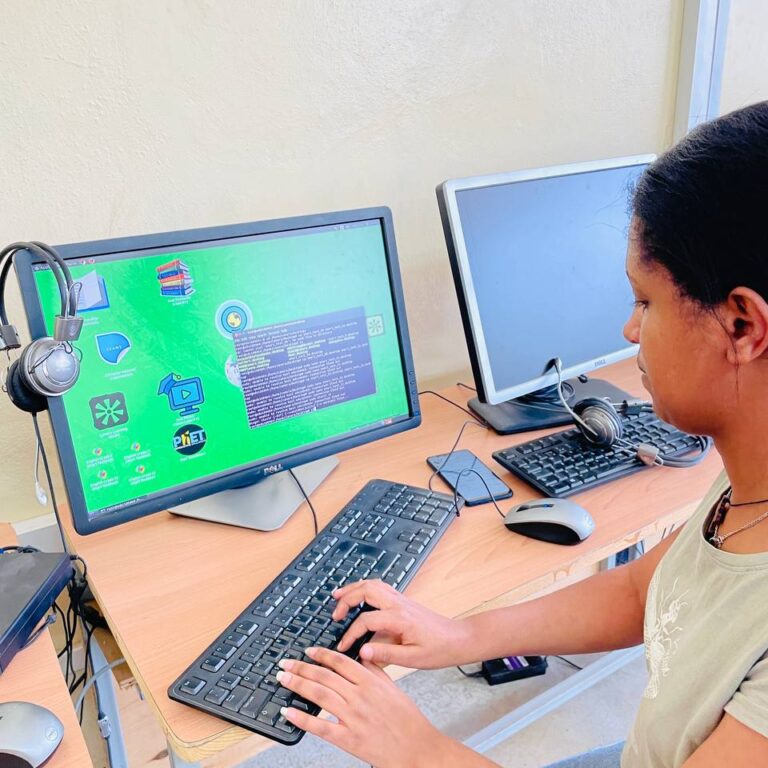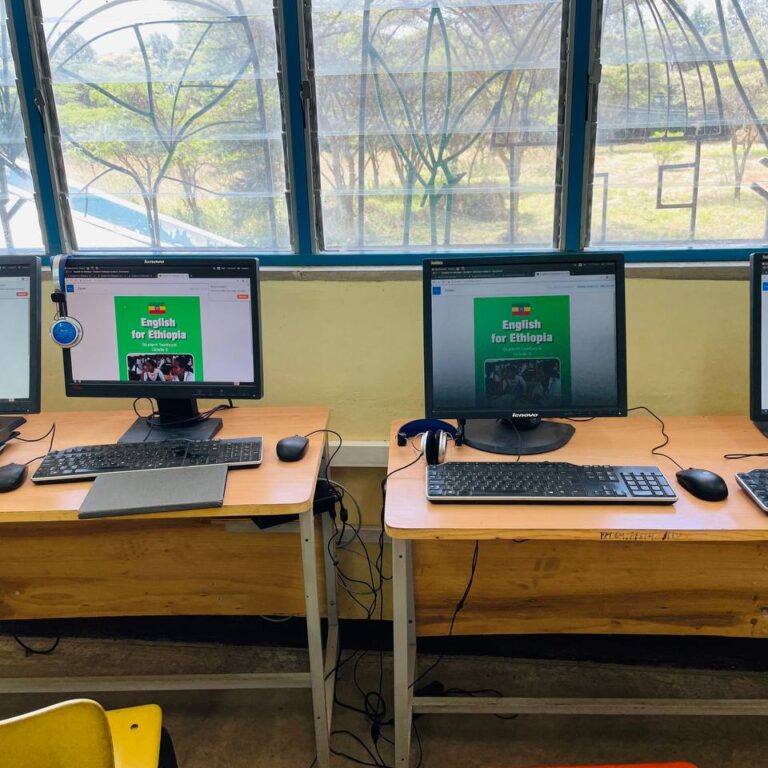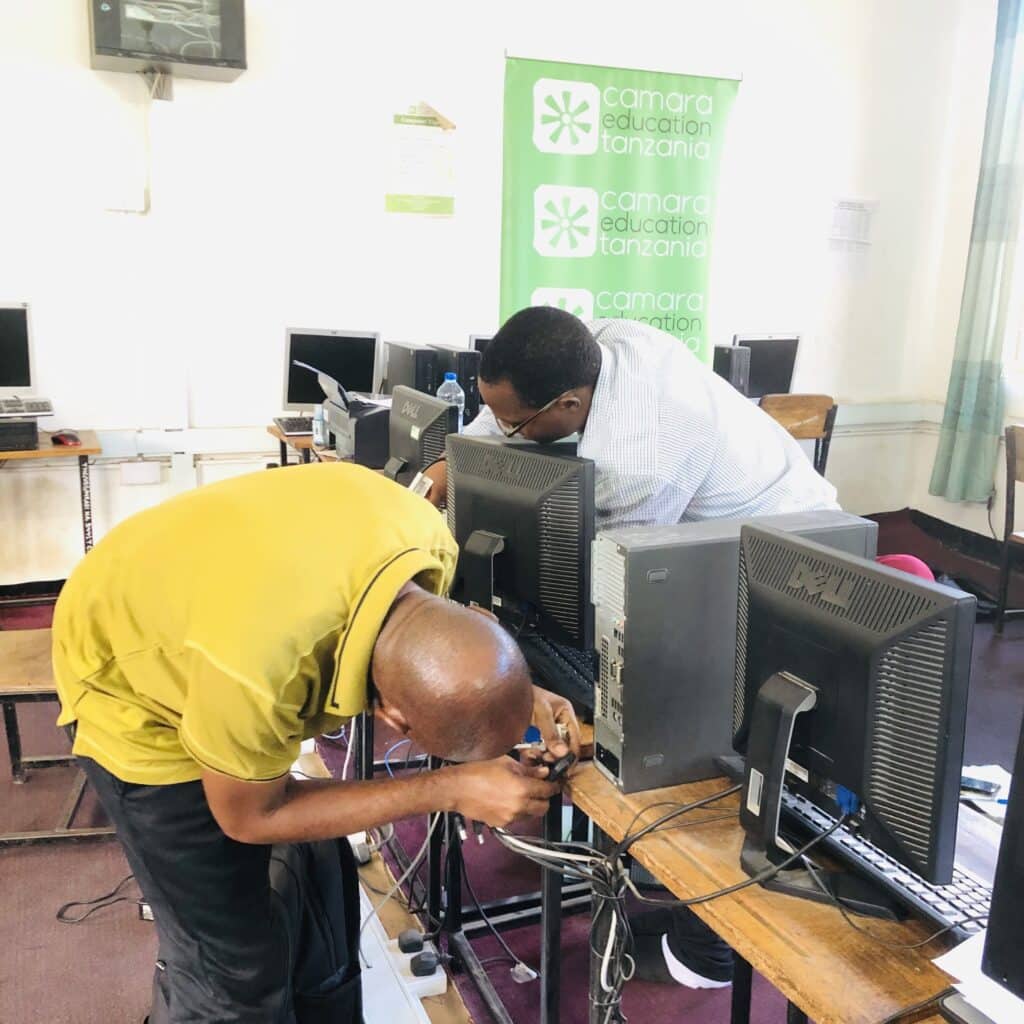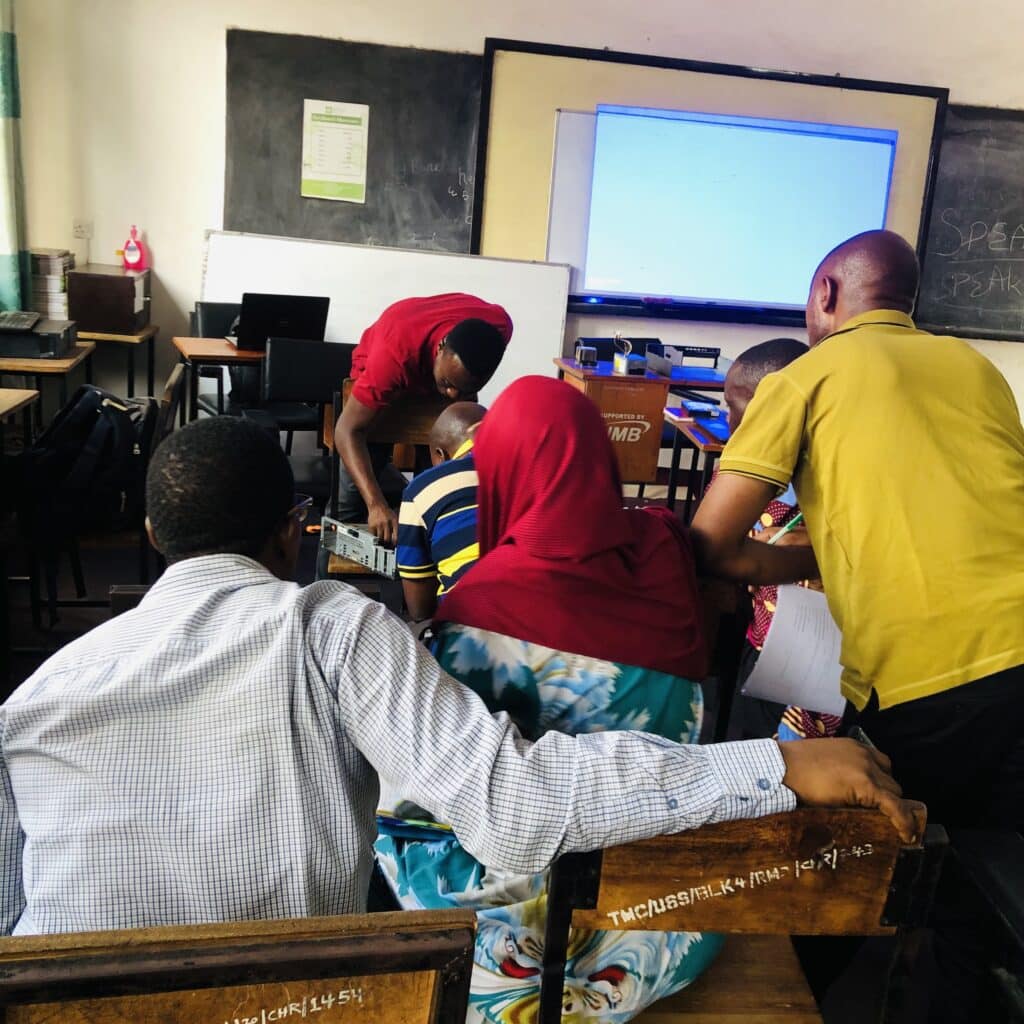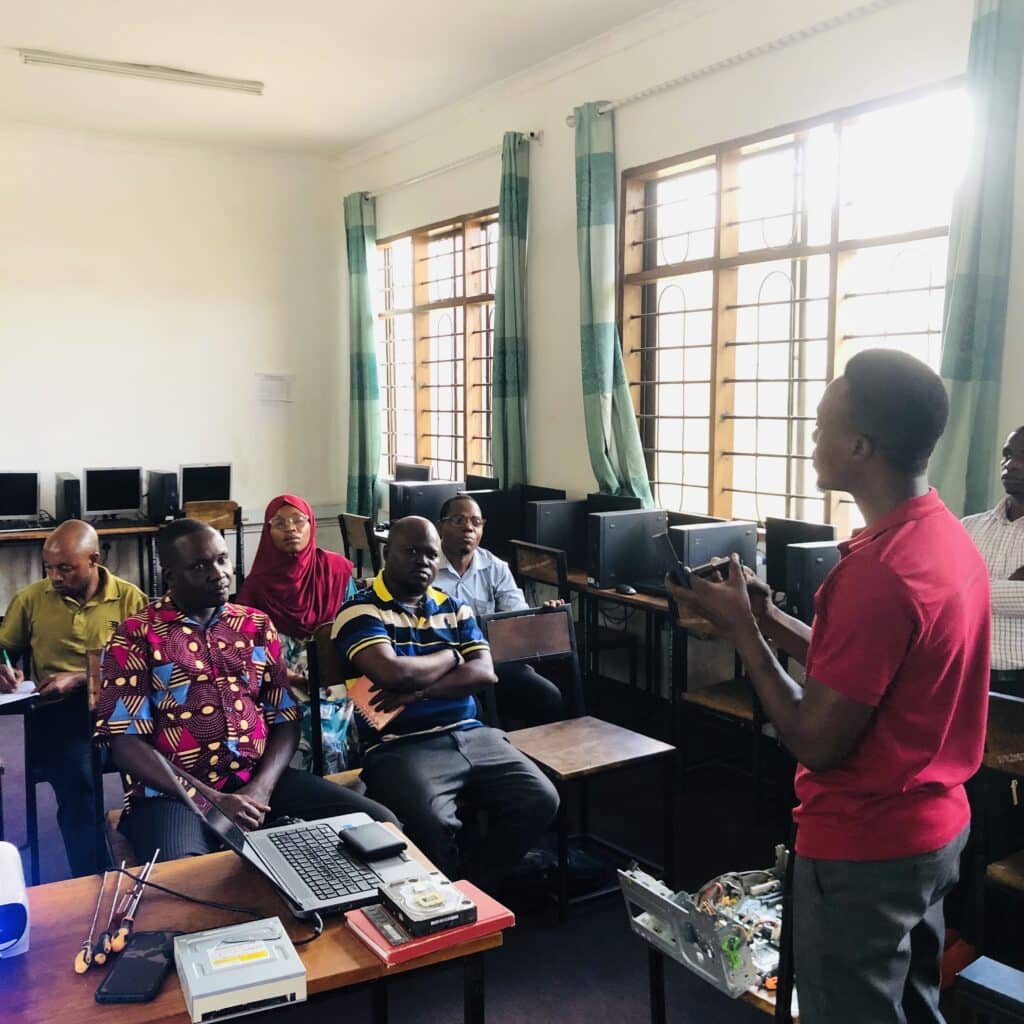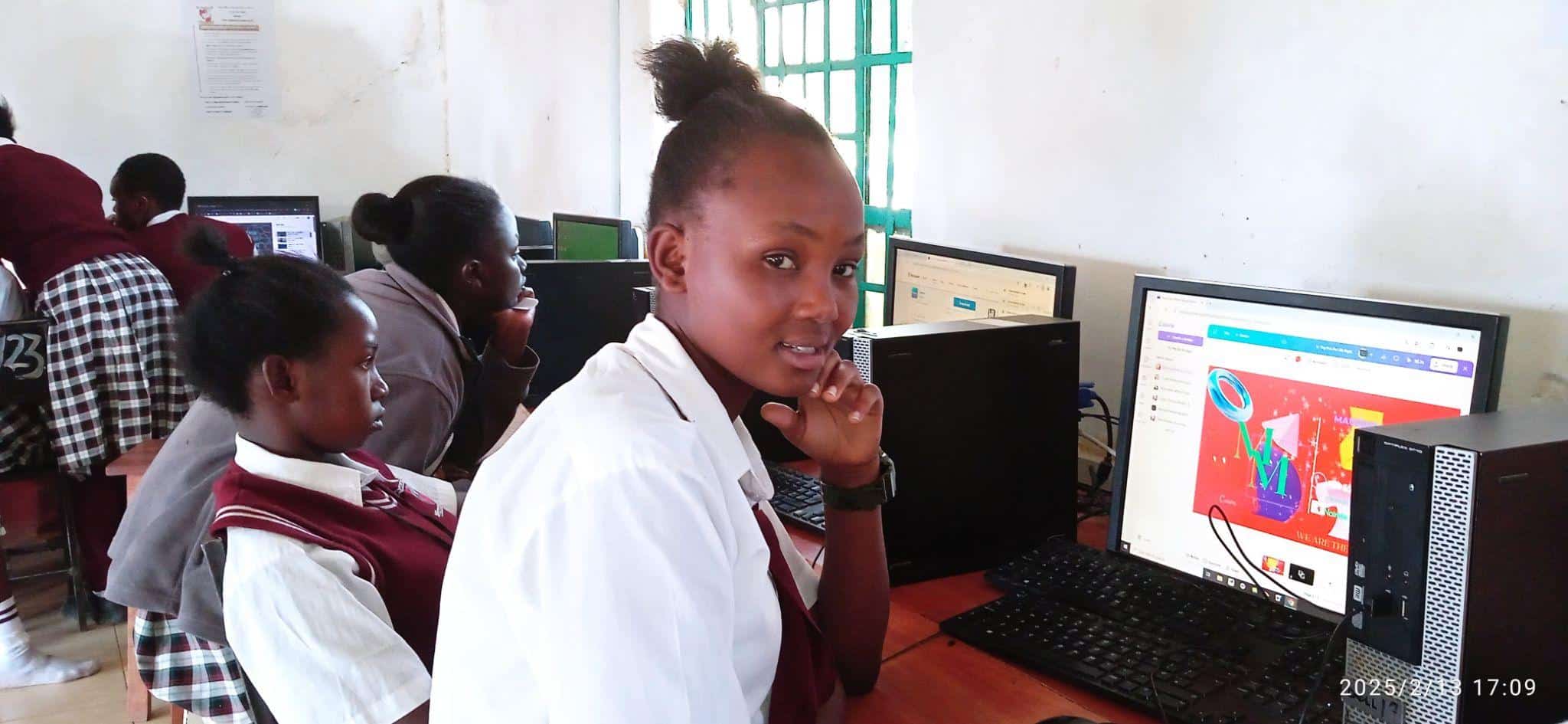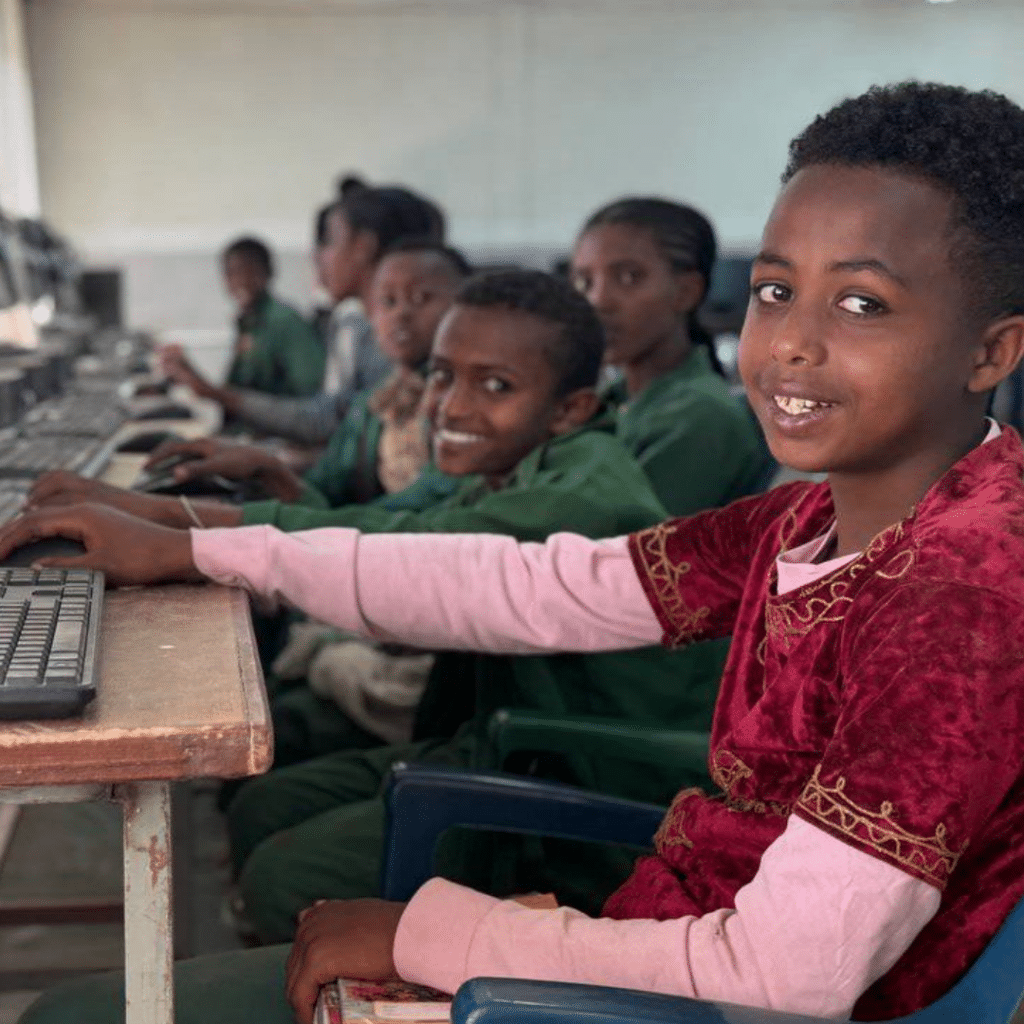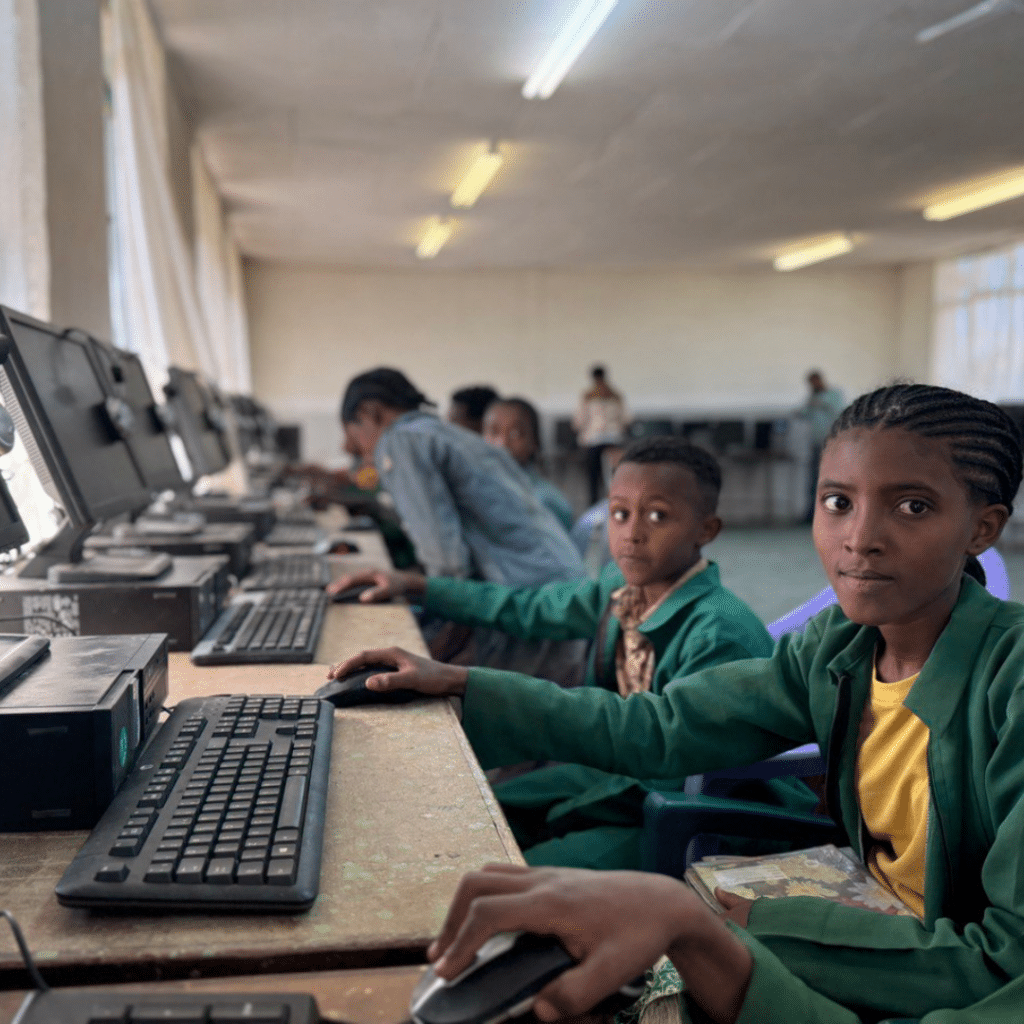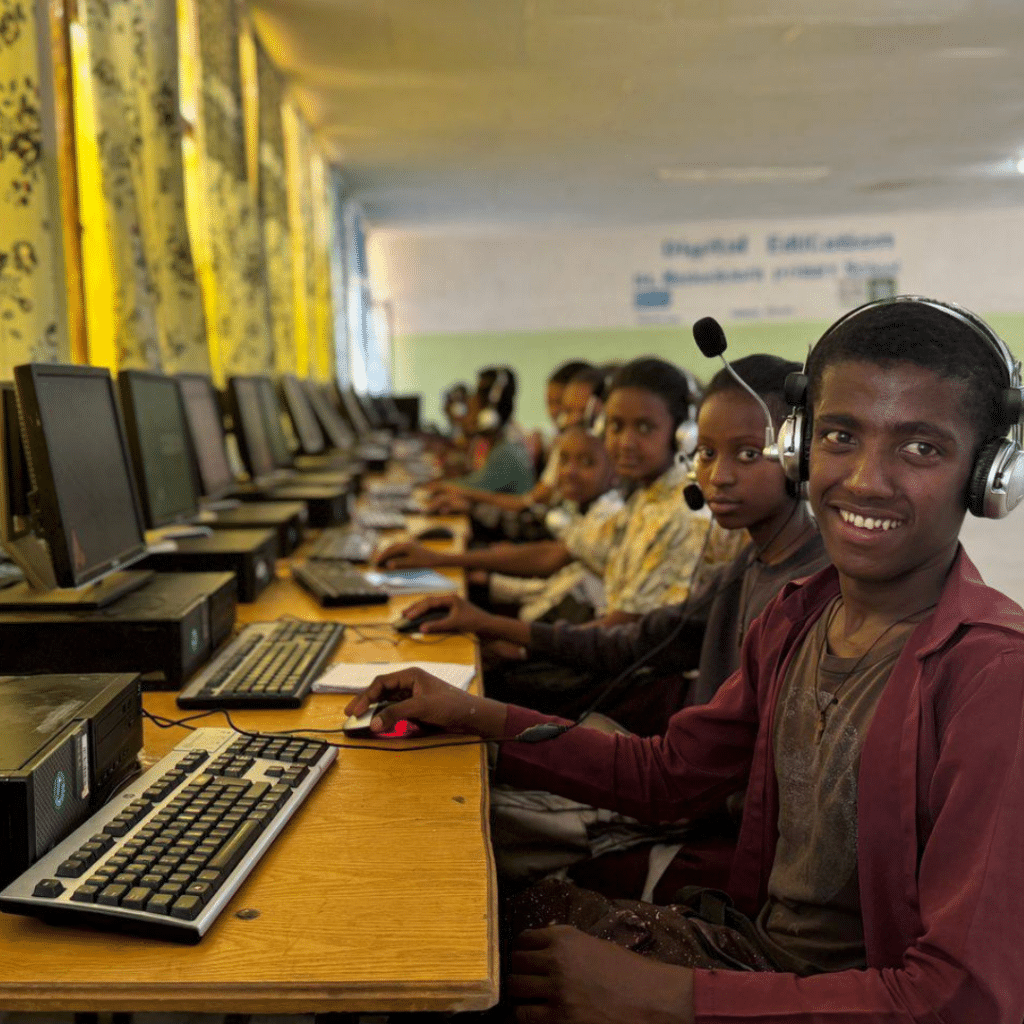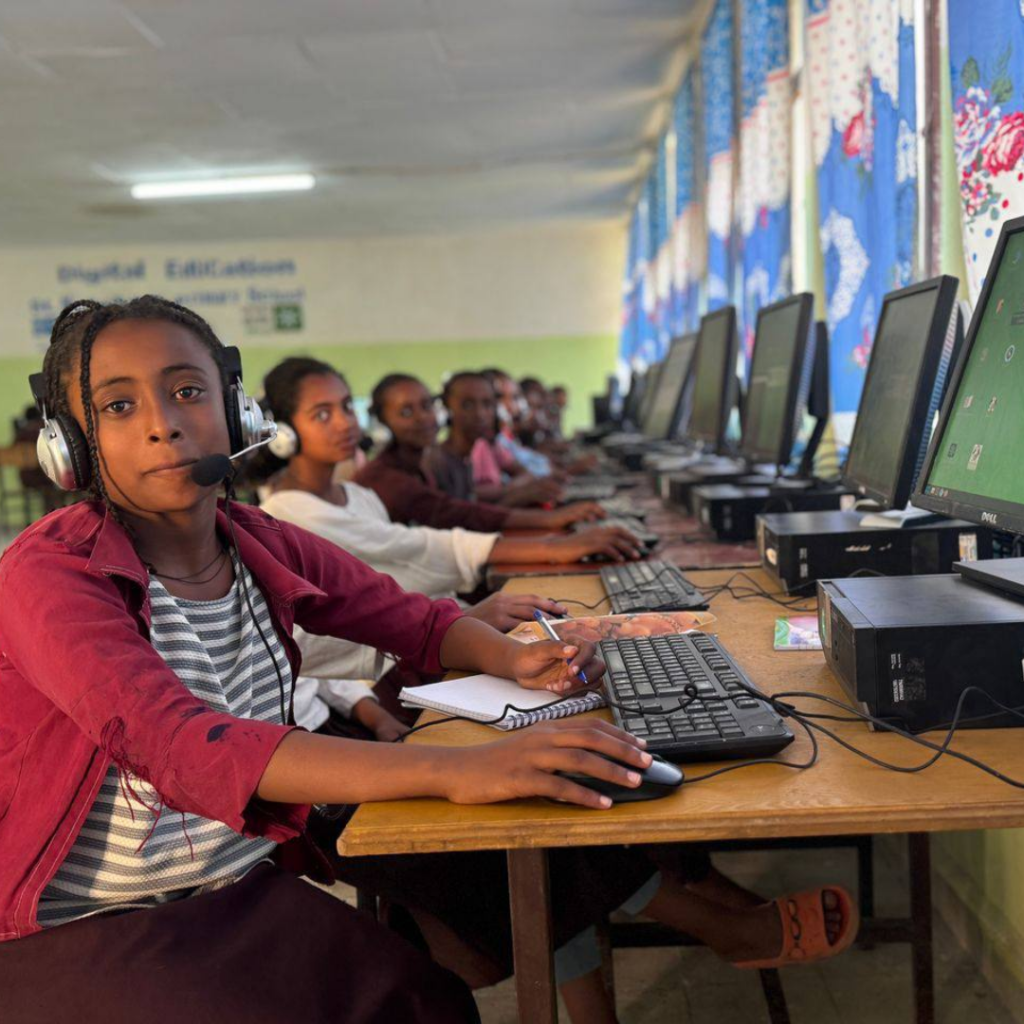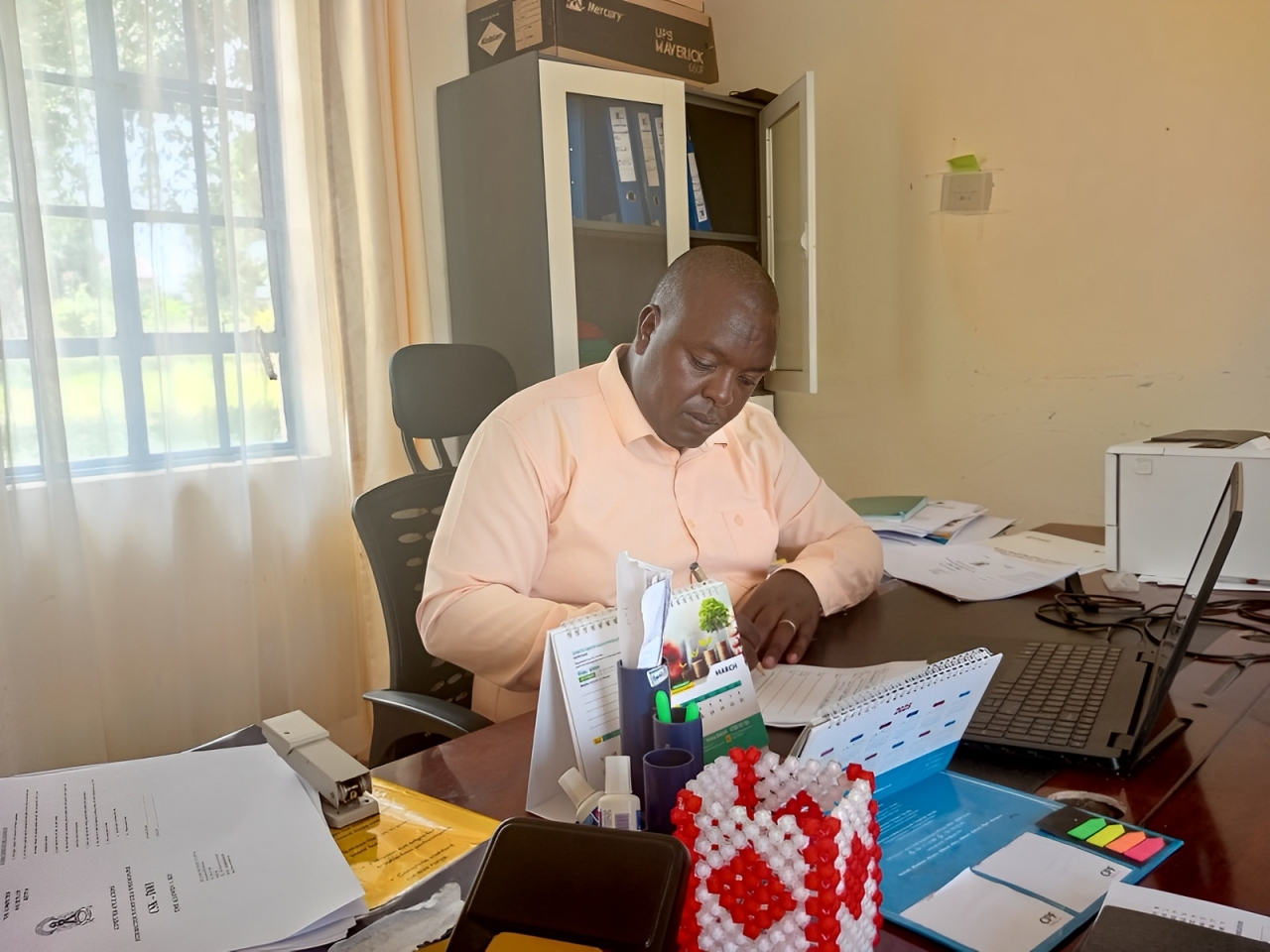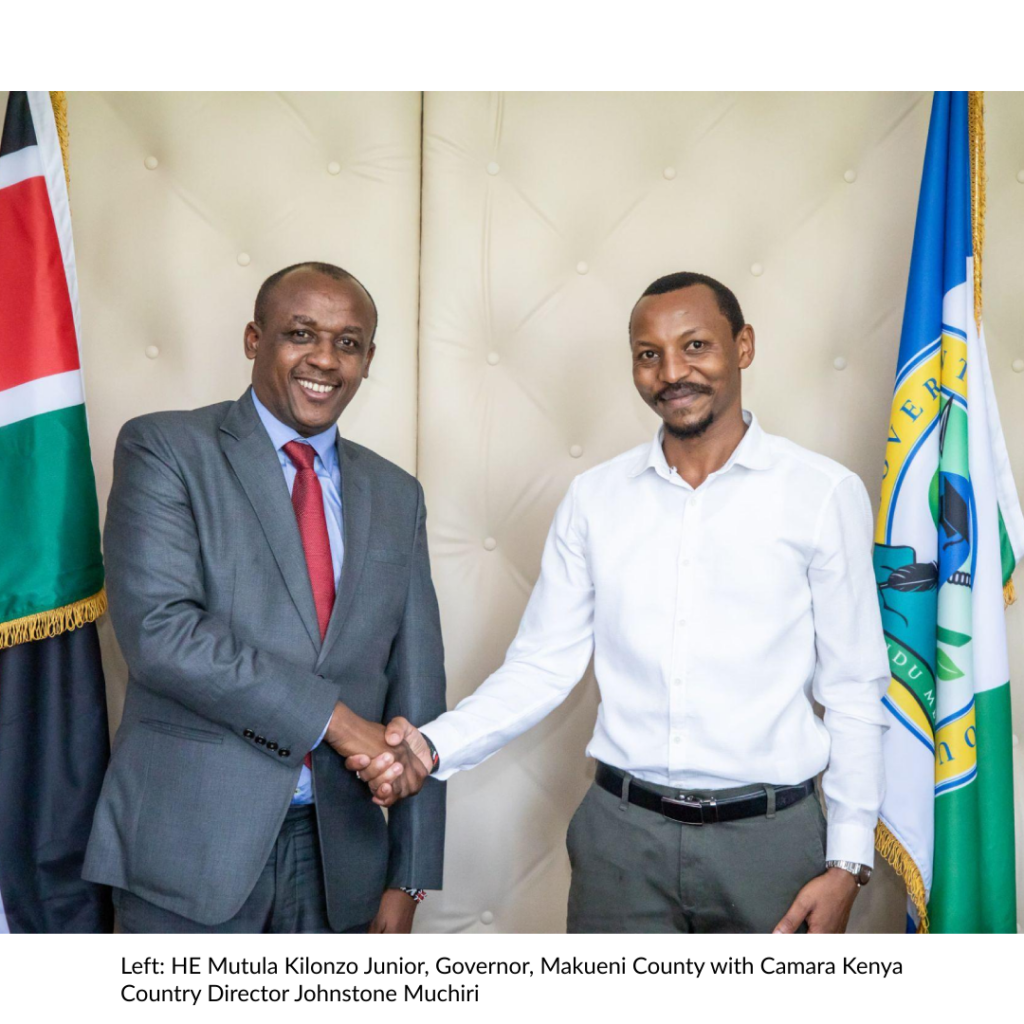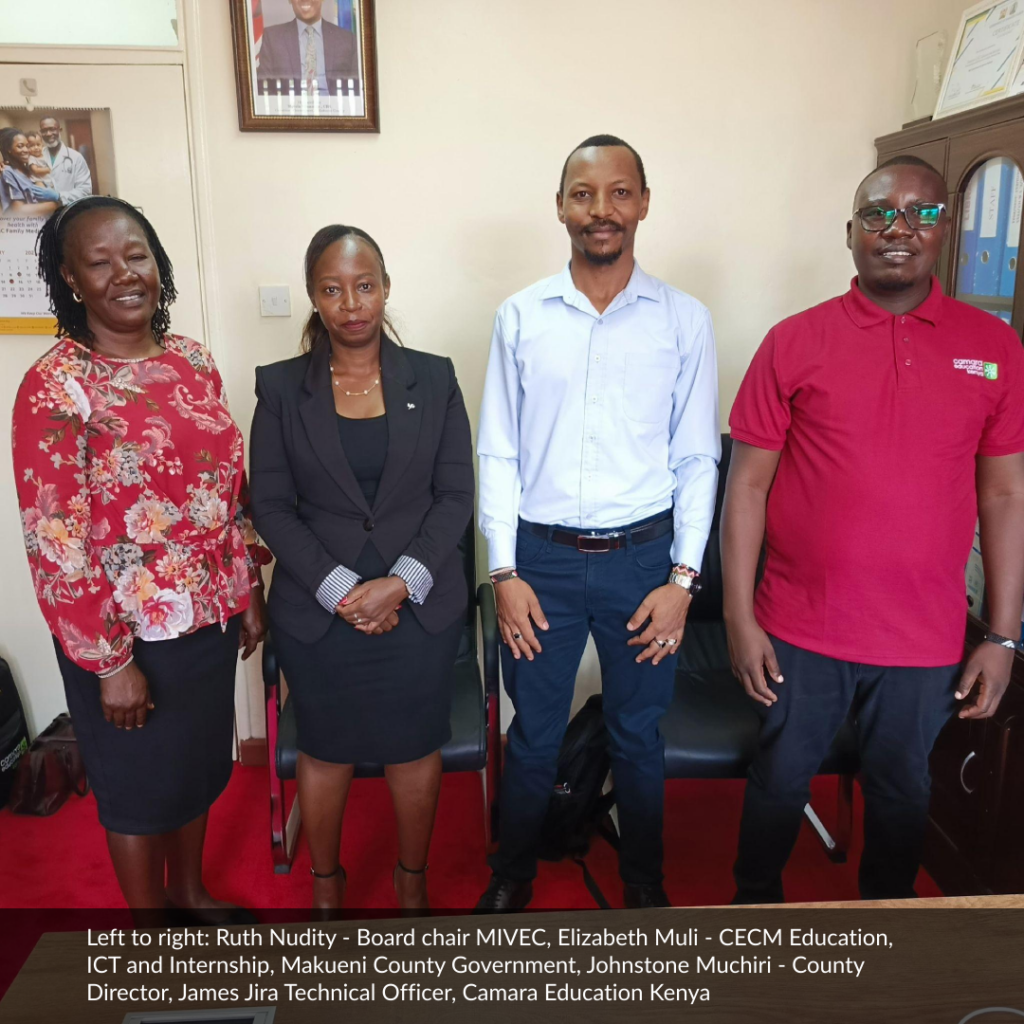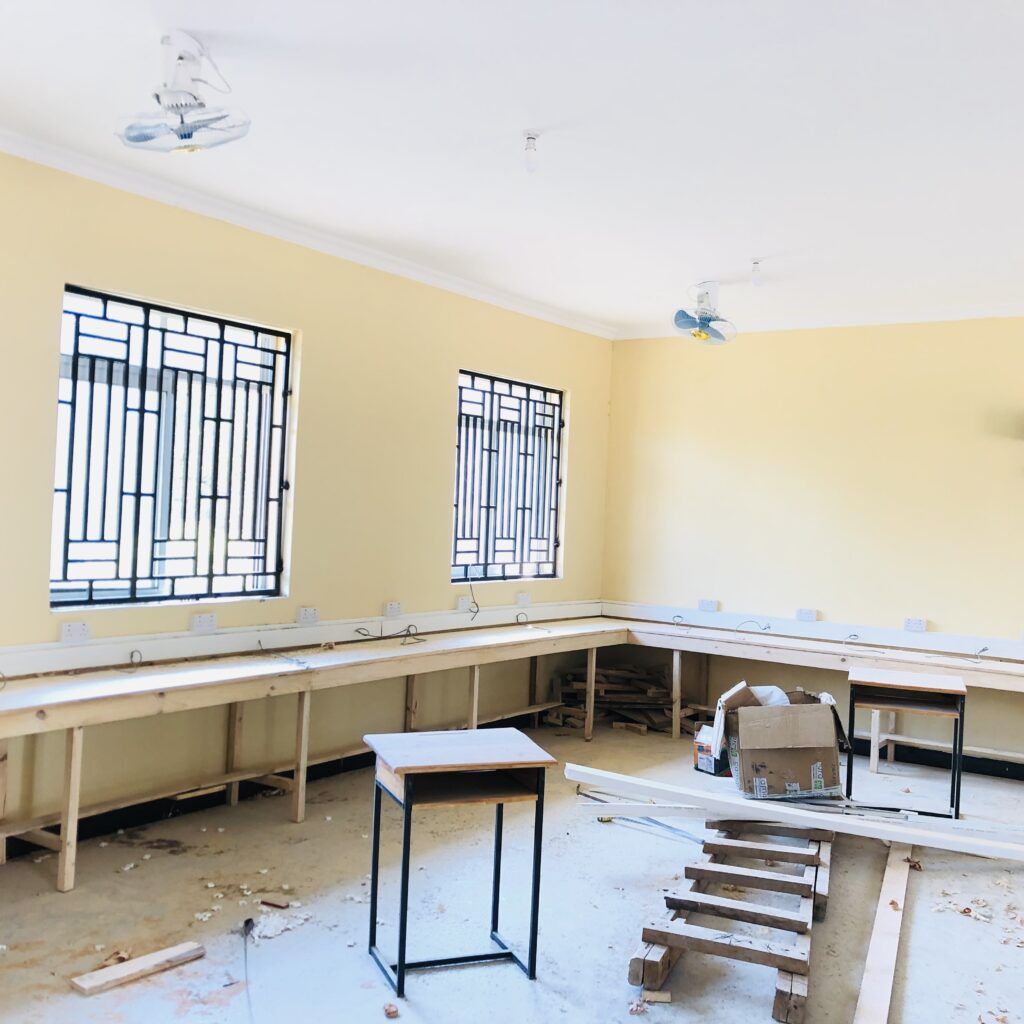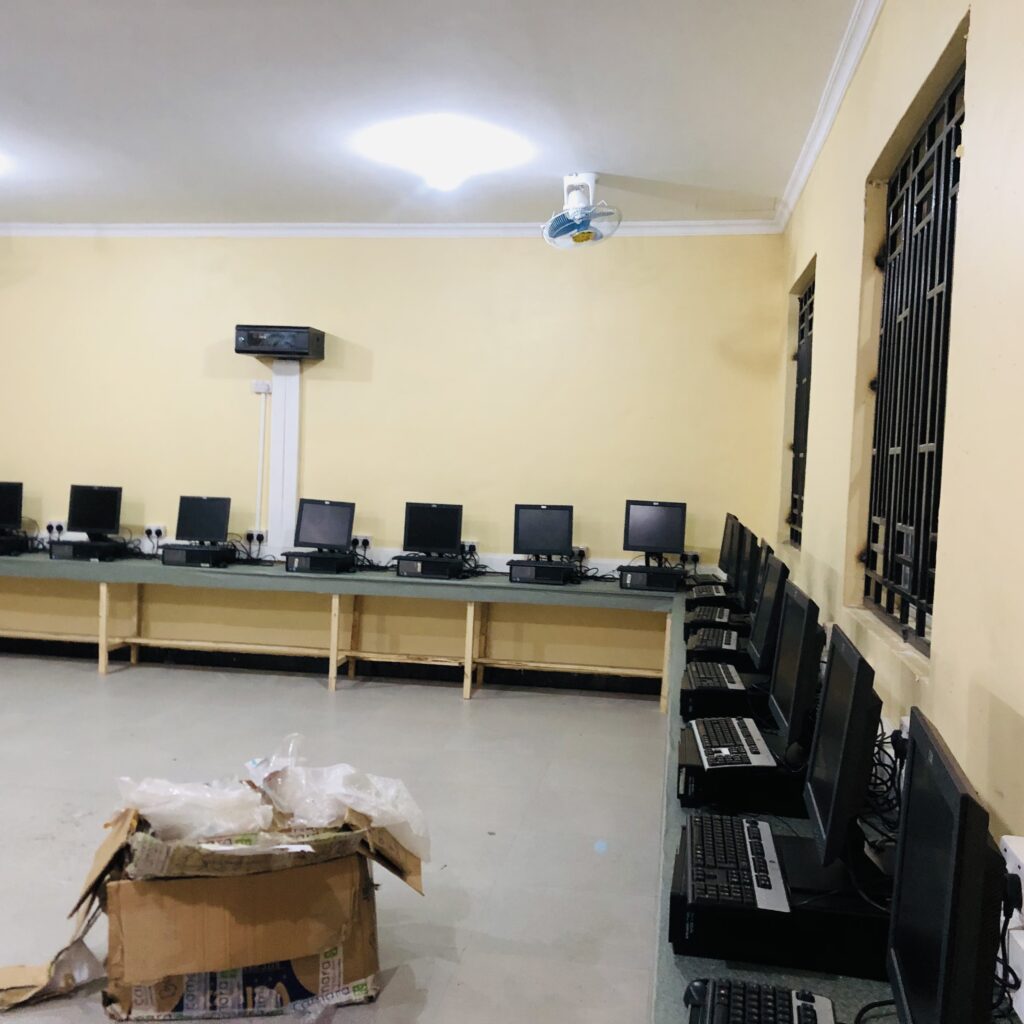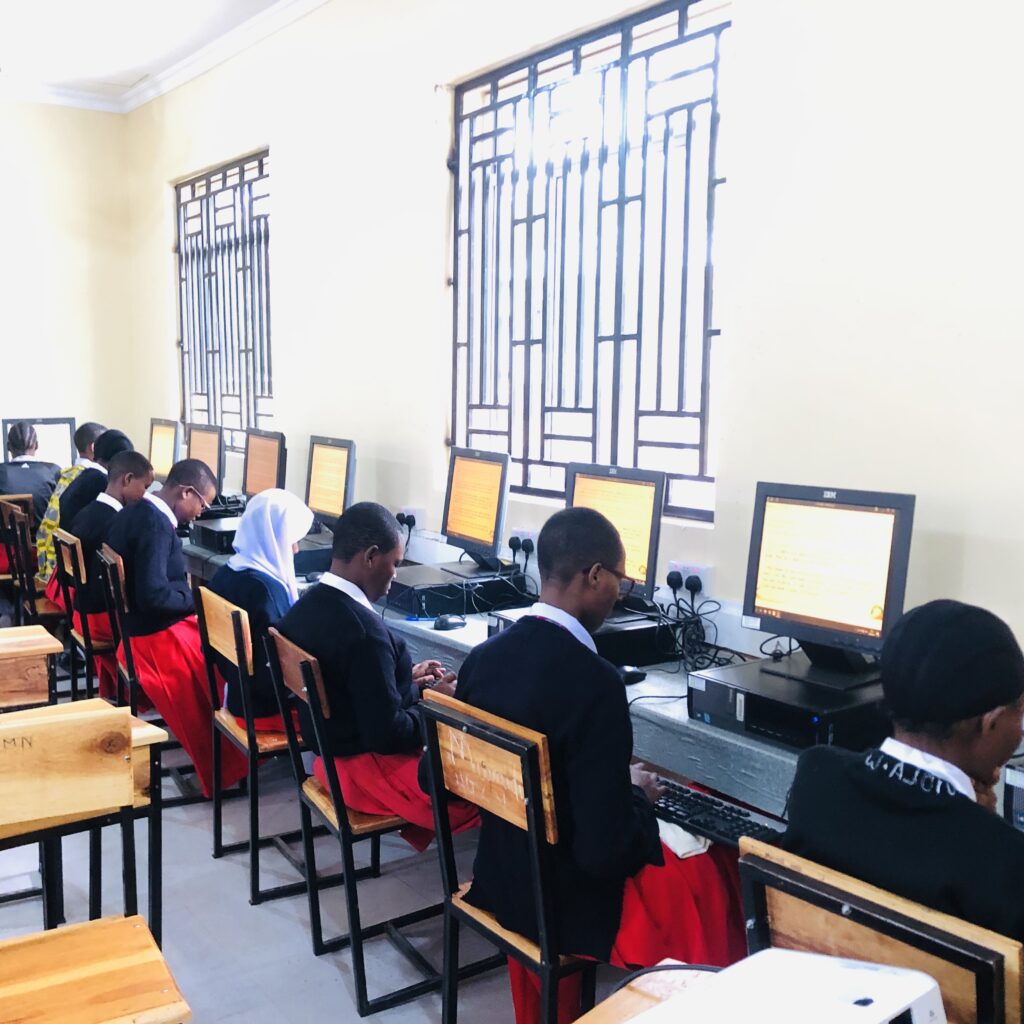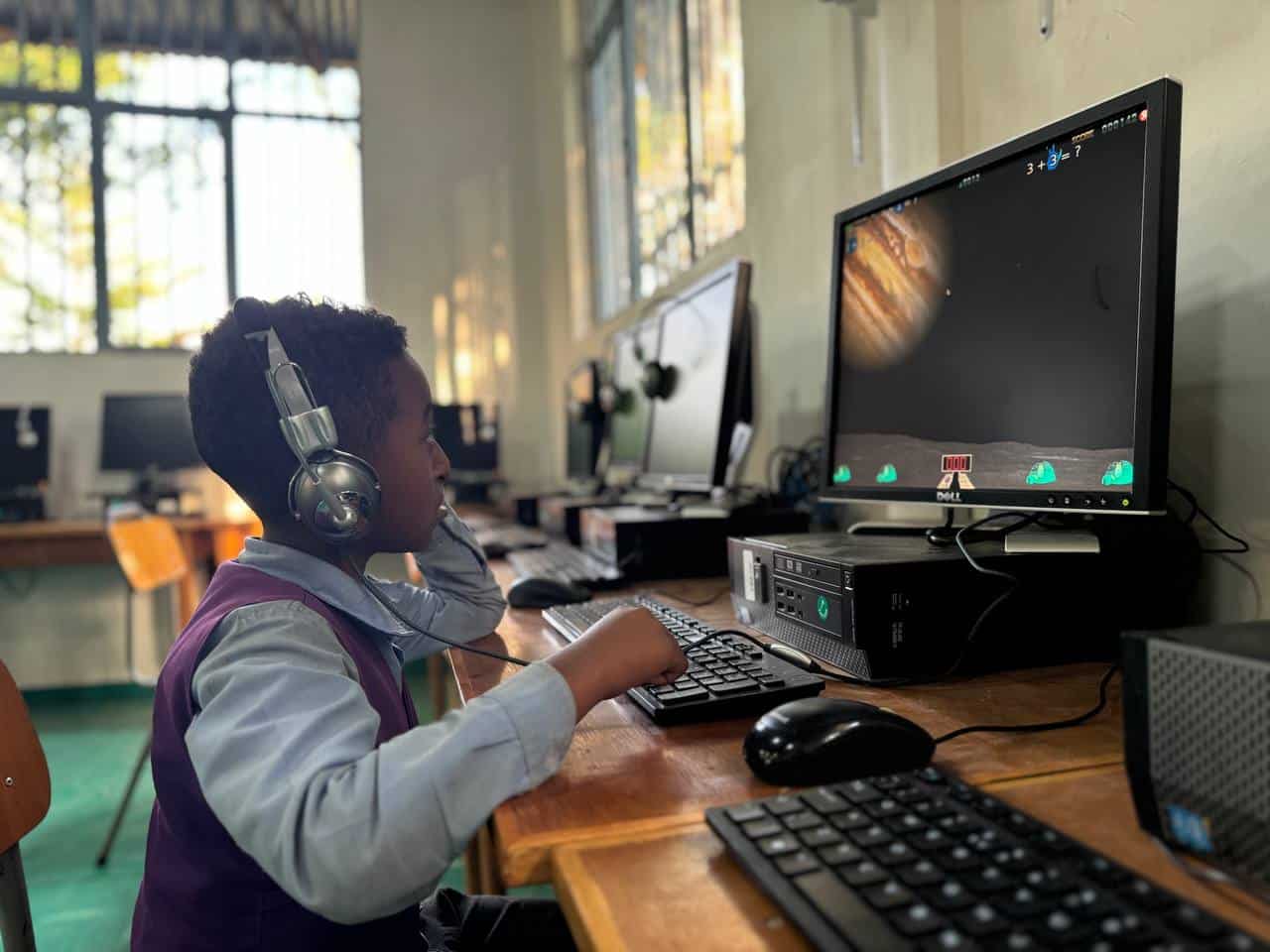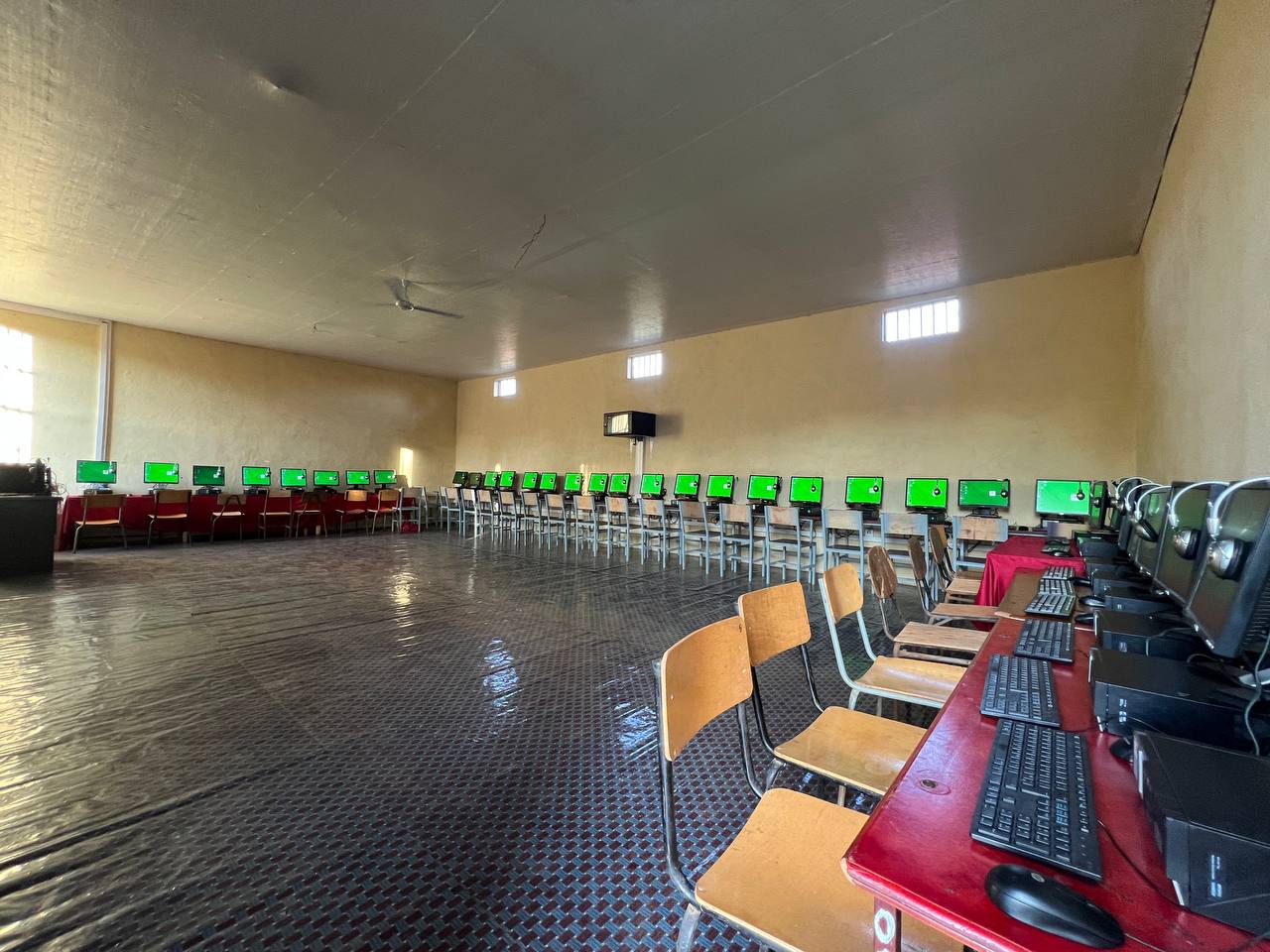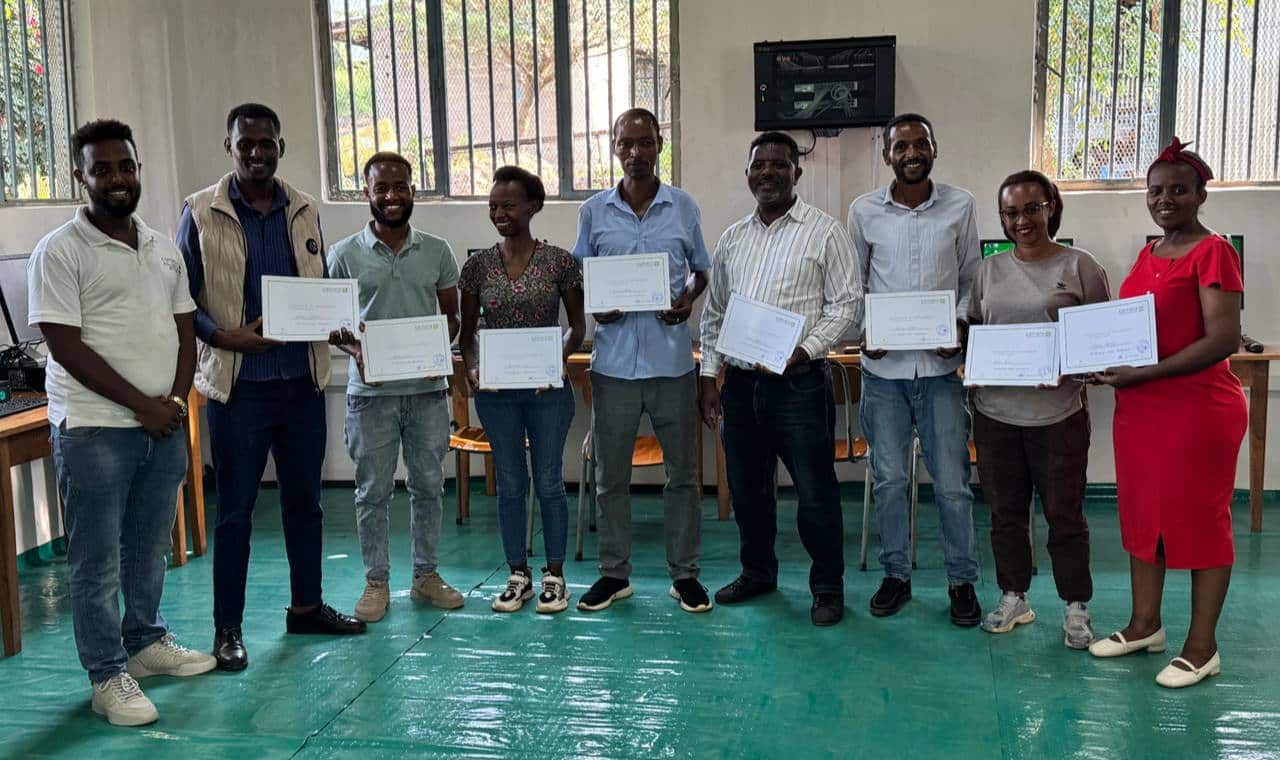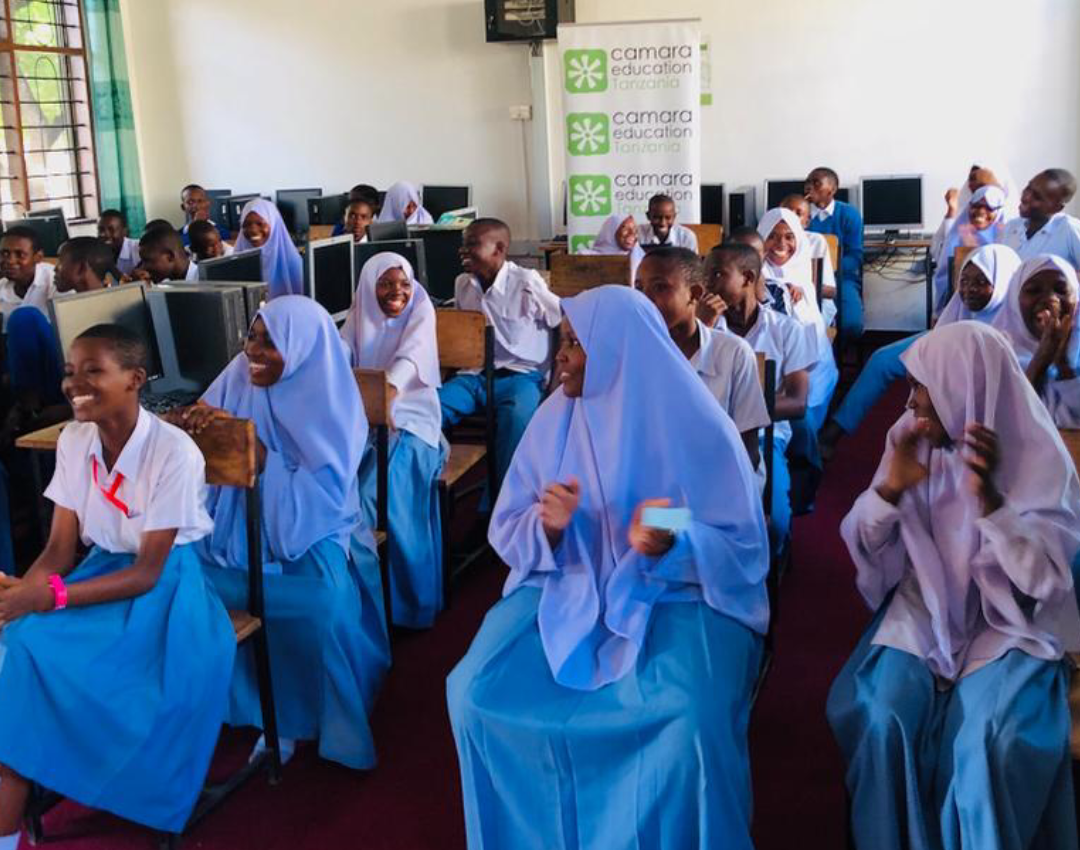On this International Day of Education, we reflect on the theme “AI and Education: Preserving Human Agency in a World of Automation” and “Learning for Lasting Peace.” These two critical topics highlight the evolving role of education in a rapidly changing world, where technology and human potential must coexist harmoniously.
At Camara Education, we believe that the power of education lies not only in providing knowledge, but also in equipping young minds with the critical thinking skills needed to navigate an increasingly automated world. As artificial intelligence and automation reshape industries, it is essential that we ensure education remains rooted in human agency—empowering students to make informed decisions, innovate, and lead in their communities and the global stage.
Nelson Mandela once said, “Education is the most powerful weapon which you can use to change the world.” In today’s world, this weapon must also be used to equip the next generation with the skills to thrive in the face of new challenges. By integrating digital tools and AI into education, we are helping students develop the competencies needed for future jobs and leadership roles while also preserving their ability to think critically, solve problems, and shape their own futures.
At Camara, we see the positive impact of this approach every day. Take, for example, Grace Pilli, a student at Chinika Secondary School in Zambia, whose ambition to study computer science and AI is supported by the digital learning tools made possible through the generosity of Lenovo and other vital partners. By providing access to technology, we are not only giving students like Grace the tools to succeed in their careers, but also fostering an environment where they can develop the ethical frameworks needed to use AI and technology responsibly.
Through these efforts, we are contributing to “Learning for Lasting Peace”, ensuring that education serves as a bridge, not a barrier, to understanding, cooperation, and collaboration in an interconnected world. Education remains the foundation for building resilient communities, fostering social harmony, and driving long-term peace. By equipping students with the skills and knowledge to navigate both the digital and physical worlds, we are helping them become responsible citizens who can engage in the global conversation on peace and development.
We are deeply grateful to our donors, foundations, and individual supporters, whose commitment to education is making this possible. Your support is enabling us to provide vital learning resources, empower students, and ensure that education remains a tool for positive change in an era of rapid technological advancement.
We also want to thank the dedicated Camara staff in each of the countries we serve, whose commitment and passion ensure that our work on the ground has a lasting impact, providing transformative education opportunities for students and teachers alike.
As we celebrate this day, we invite all of you to reflect on the power of education in shaping the future. Together, we can help preserve human agency, inspire peace, and empower the next generation to thrive in a world of both technology and humanity.

